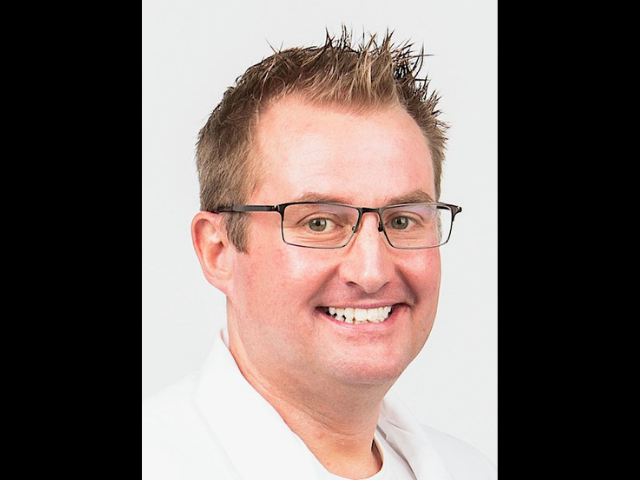
Valentine’s Day 2022: The research network hoping to mend Wales’s broken hearts
Cardiovascular disease across the UK, and especially in Wales, is of epidemic proportion. Over 30% of all deaths in Wales are caused by cardiovascular disease, a category that includes coronary heart disease, heart failure, stroke and sudden death syndrome.
Despite this, many of the treatments and therapies available to those living with cardiovascular disease have not changed for decades.
It is important to read between the lines when it comes to data and cardiovascular research. On the surface, death rates from vascular disease are falling in under-75s. Device-based therapies such as programmable pacemakers and implantable defibrillators have revolutionised the management of cardiovascular disease and have helped save lives.
However, it has left the UK with a different critical healthcare problem: more people are surviving with cardiovascular disease, living with an extremely poor prognosis and low quality of life.
This, paired with the fact that devices don’t prevent lifestyle causes of heart disease such as poor diet and lack of exercise, has left Wales with more work to be done to tackle its poor cardiovascular health.
Chris George, Professor of Molecular Cardiology at Swansea University, is the Chair of the National Cardiovascular Research Network (NCRN), which aims to enhance interdisciplinary working between laboratory research, clinical research and population health data science across Wales’s universities, the NHS and healthcare sectors.
Why does Wales need the National Cardiovascular Research Network?
“To tackle the cardiovascular challenges Wales faces, there was a need for a coherent framework in which to develop cardiovascular research. This is when Health and Care Research Wales and the British Heart Foundation partnered to create the NCRN.
“The mission of the Network is all about connecting people and ideas, to facilitate the delivery of clinical trials, pathways and policy that will help us improve patients’ cardiovascular health.”
How will this be achieved?
“I hope the Network will become a focal point for all engagement with cardiovascular linked research activities across Wales. This will help streamline research activity and help us map the extent of cardiovascular research taking place in Wales.
“Similarly, we will also continue to champion international links in cardiovascular research. Developing and maintaining good relationships outside the country will advance opportunities for research.
“Continuing on the theme of establishing relationships, the Network also aims to seek out and encourage multidisciplinary partnerships by engaging with researchers from outside conventional cardiovascular research. This could be connecting with engineers, data scientists, computer modellers to see what skills and knowledge could be applied to help us.
“The COVID-19 pandemic highlighted how broad scientific knowledge could be translated into rapid clinical impact if the lines of communication between all stakeholders (clinical, laboratory, regulators. funders, pharmaceuticals) were clear, fast, and open. If the barriers come down amazing things can happen!”
“We will also continue to build strong links between researchers working in key co-morbidity areas, for example diabetes, dementia, stroke and kidney disease.”
“Importantly, the NCRN will articulate clearly the direction-of-travel of cardiovascular research in Wales to external stakeholders and funders, which is key to developing capacity.”
The importance of people to the Network
“The relationship between the NCRN and the people of Wales is extremely important. We are enabling research with the goals of better diagnosis, treatment and prevention cardiovascular disease.
“We will be championing public involvement in our research, to ensure everything we do meets the needs of the population.
“The involvement of patients and clinicians will help us use our knowledge of the causes and progression of heart disease to develop better treatments.”
If you’d like to find out more about the National Cardiovascular Research Network, or would like to discuss collaboration, read more on our website, or contact the Network.